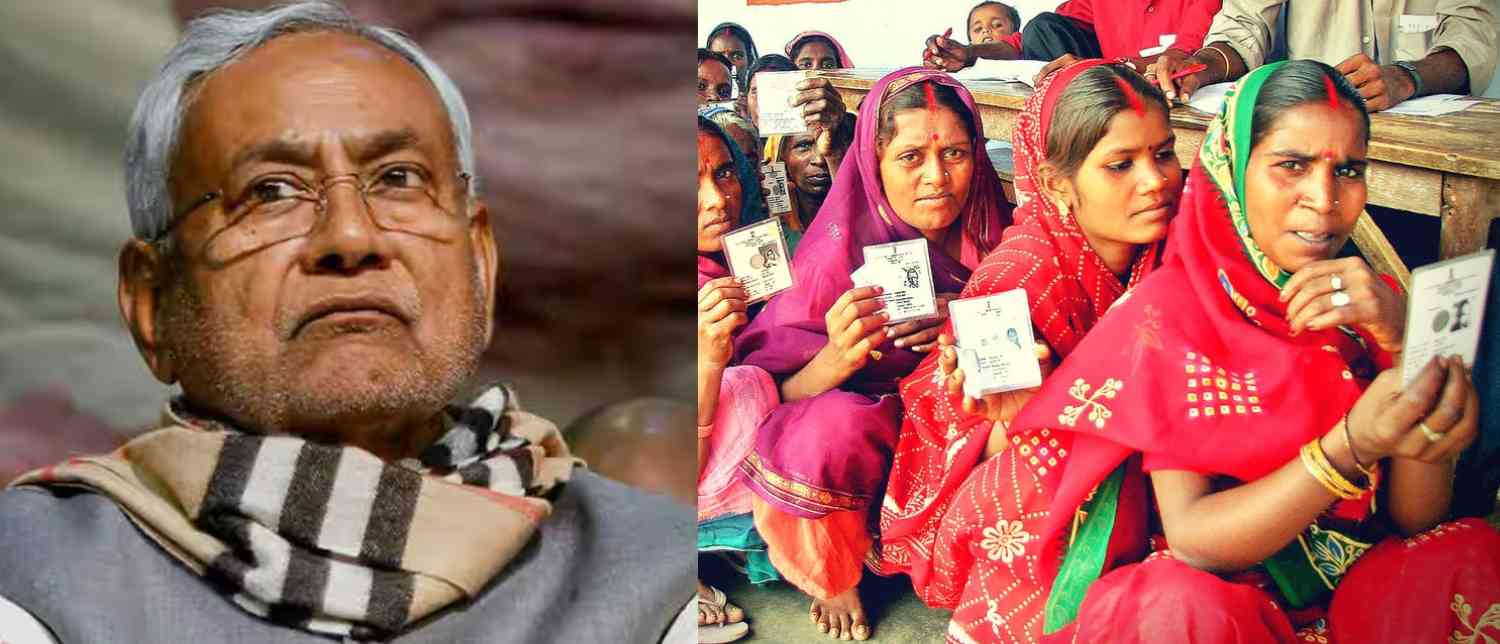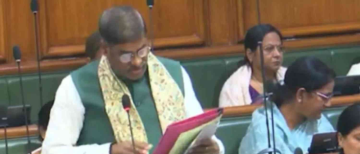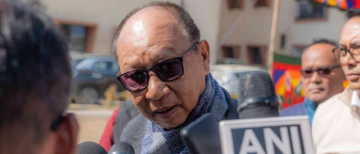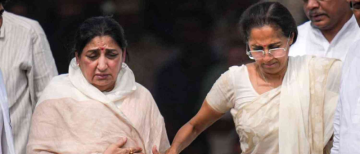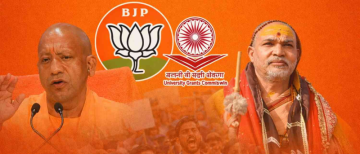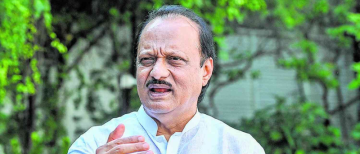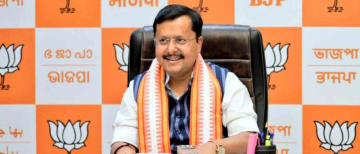Chief Minister Nitish Kumar and the NDA government in Bihar are placing significant emphasis on women voters as the key to their electoral strategy for the 2025 Assembly elections. Women constitute a large and influential voter group in Bihar, with over 3.39 crore women voters as of 2020, and their turnout has historically been higher than men’s, reaching about 60% compared to men's 54% in the last elections. This voter demographic is increasingly decisive in Bihar’s political outcomes, which is why Nitish Kumar’s government is prioritizing women-centric welfare schemes and empowerment initiatives to secure their support.
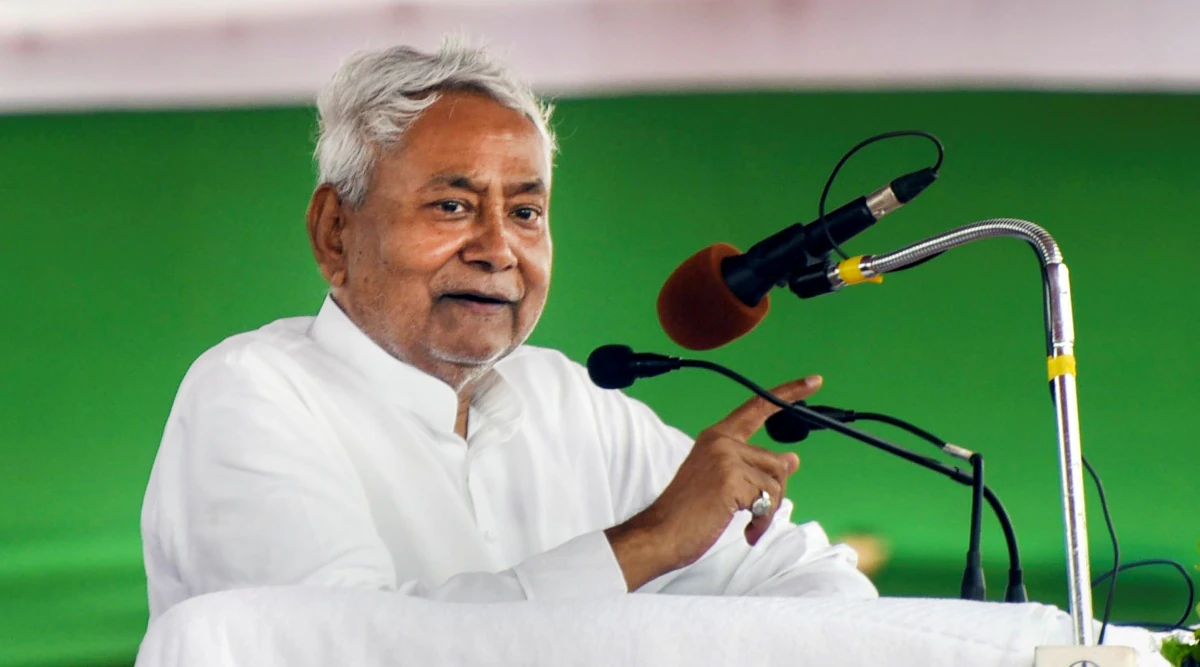
Nitish Kumar has recently announced seven major schemes targeted at women’s welfare and economic empowerment. These include doubling the honorarium for 1.40 lakh rural Jeevika didis, increasing payments for healthcare workers like Asha and Mamta workers, and financial aid for Anganwadi workers to buy smartphones for better digital connectivity. The government is also investing Rs 50 lakh for constructing women-run marriage mandaps in rural areas, which aims to strengthen economic and social participation among women.
One key program, the Mukhyamantri Mahila Swarojgar Yojana, targets empowering one woman in every Bihar family by providing grants and interest-free loans to boost women’s entrepreneurship and employment. Additionally, there is a policy of 50% reservation for women in panchayats and 35% in government jobs to bolster their representation and economic security.
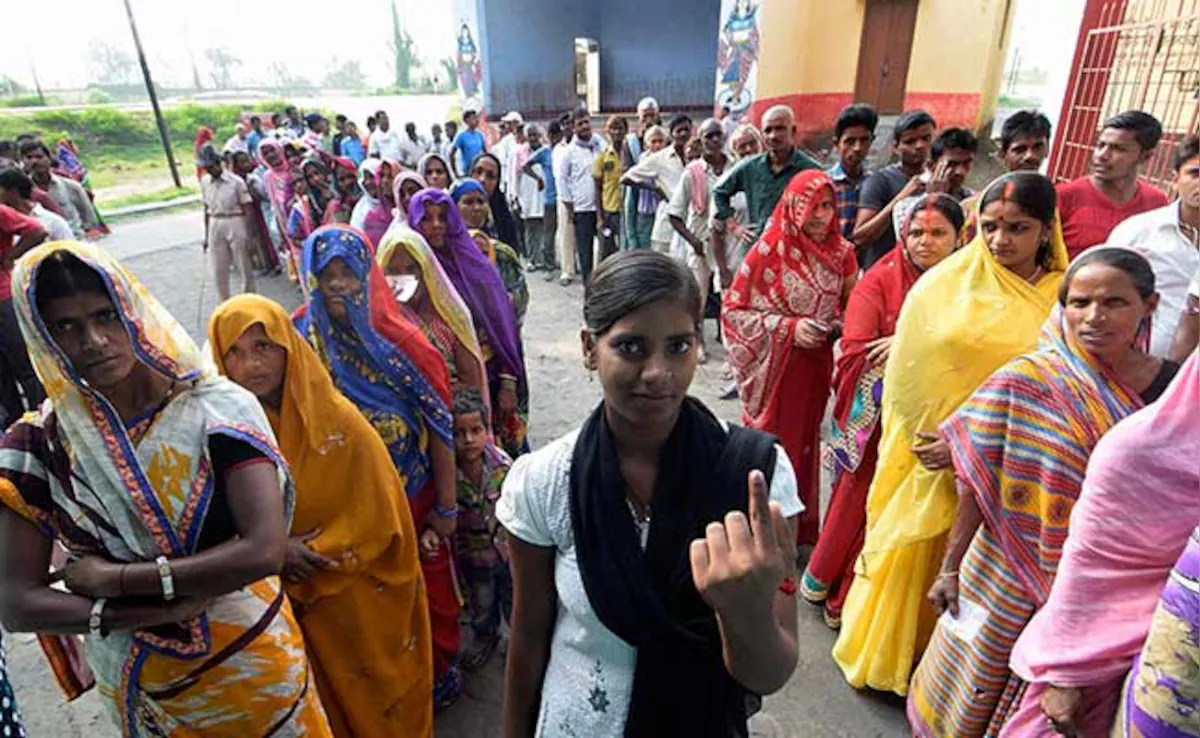
These policies are not just welfare measures but have a clear political motive—women voters are seen as a strong and loyal vote bank for the NDA and Nitish Kumar, who has cultivated their support over many years through consistent efforts. In previous elections, women have traditionally outvoted men, signaling their crucial role in deciding who forms the government. Focus on women’s safety, social security, health, and job creation through these schemes illustrates careful political planning aimed at consolidating the women’s vote share.
However, the increasing focus on women voters also reflects wider social and political changes: women in Bihar are becoming more aware of their rights and political agency. Unlike traditional voting patterns based heavily on caste and community lines, many women voters appear to consider governance and empowerment issues. This shift is encouraging political parties to address women’s concerns more seriously.
Critics and opposition parties question the exclusivity and actual impact of these schemes, pointing to political rhetoric and electoral motives. Yet, from a broader perspective, the government’s targeted approach toward women does signify a recognition of their growing importance as independent voters in Bihar’s political landscape.
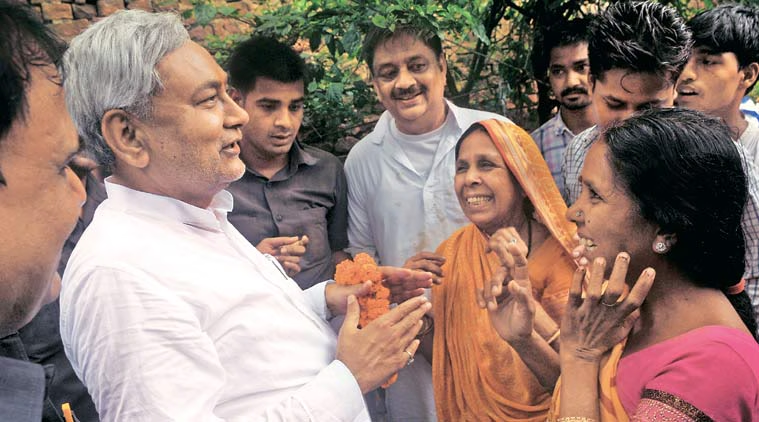
In summary, women voters in Bihar are a pivotal group in the 2025 elections. Nitish Kumar and the NDA’s tailored policies and schemes highlight their strategic importance in the electoral battle. Whether these initiatives will decisively sway women voters remains to be seen, but their influence on the poll outcome is undeniable. This evolving role of women in Bihar’s elections marks a step toward more inclusive and responsive governance in the state.
With inputs from agencies
Image Source: Multiple agencies
© Copyright 2025. All Rights Reserved. Powered by Vygr Media.

